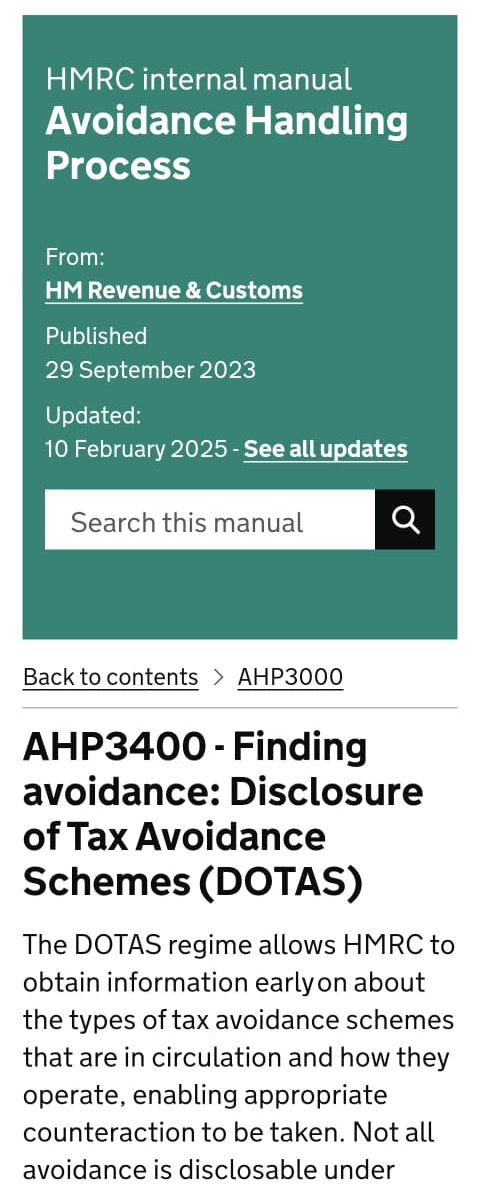BREXIT: Do you Operate a Port or an Airport? What to Expect if there is a No Deal BREXIT.
- Hammad Baig-Tax Barrister

- Oct 23, 2018
- 2 min read
Businesses that trade with the EU will broadly follow the same customs controls as businesses trading with the rest of the world – so they will need to adapt their business to comply with these systems, processes and controls.
If you operate a UK port or airport, the following will apply.
How customs processes will change
EU freight moving through ports and airports will become third country freight, subject to the same rules and procedures as are currently in place for third country freight. You will need to make sure you are set up to meet the processing requirements of third country trade and customs procedures.
Many ports which predominantly facilitate trade with the EU do not currently have or need electronic systems to facilitate the presentation and processing of goods at ports then it is likely that the procedures for clearing these goods will be more bureaucratic for trade and depend more heavily on manual processes. If such systems are not in place when the UK leaves the EU, HMRC confirm that processes will be put in place to facilitate trade flow – but you will need to work with HMRC on implementing an effective streamlined regime.
Things you can do now
You should consider now the effect of a ‘no deal’ exit on your business.
Familiarise yourself with the processing requirements of third country trade and customs procedures, and assess the impact of these on your port or airport.
Assess the impact of any increased demand for customs and safety and security declarations on your business, and whether you would need to recruit and train additional staff.
Discuss these changes with all your onsite stakeholders to identify any potential infrastructure issues, and ensure that they are in a position to support any changes that you need to put in place.
Hammad Baig can assist with customs planning and charting out the best route to implement Customs procedures at your port and airport.




Comments